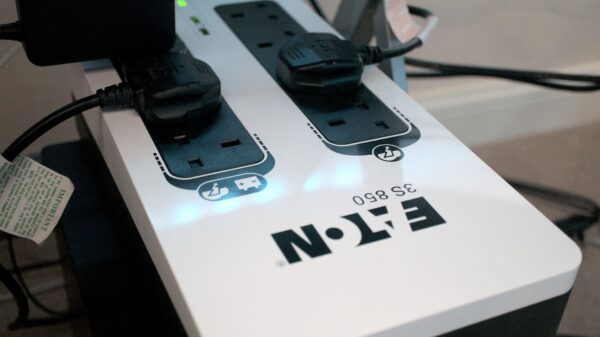A recent breach involving the Centers for Medicare & Medicaid Services (CMS) has compromised sensitive personal information belonging to over 100,000 Americans. This incident highlights ongoing vulnerabilities in the healthcare sector as cybercriminals increasingly target patient data. The breach was confirmed this week, with CMS notifying those affected that hackers gained access to information linked to their Medicare.gov accounts.
The breach traces back to suspicious activity that began in late 2023. According to CMS, hackers fraudulently created Medicare.gov accounts using stolen personal data obtained from external sources. This information included full names, dates of birth, ZIP codes, and Medicare Beneficiary Identifiers (MBIs), along with details about Medicare coverage.
CMS began receiving alerts in May 2025 when individuals reported receiving confirmation letters for accounts they had not created. This prompted an internal investigation, which revealed that the unauthorized accounts not only existed but that hackers had accessed additional sensitive data, including home addresses, provider and diagnosis codes, services received, and plan premium details.
CMS Response and Ongoing Investigation
In response to the breach, CMS has taken decisive actions. The agency has deactivated all accounts affected by the breach and is in the process of mailing new Medicare cards to those impacted. As of now, no confirmed cases of identity theft have been reported. CMS has emphasized that these measures are being implemented out of “an abundance of caution,” but the incident raises significant concerns regarding the federal government’s cybersecurity safeguards.
Individuals who believe they might be affected are encouraged to monitor their Medicare.gov accounts and watch their mailboxes for replacement Medicare cards. It is also advisable to report any unauthorized services or charges immediately, as CMS continues to investigate how the attackers accessed such accurate personal data and whether more individuals may be at risk.
Potential Sources of Data Compromise
So far, CMS has not publicly identified the hackers responsible for the breach. The use of valid personal information suggests that the attackers may have acquired data from previous breaches or leaks on other platforms. This incident underscores a troubling vulnerability within the federal healthcare system, where hackers can exploit existing data to create seemingly legitimate accounts and gain access to sensitive medical information.
In light of this breach, individuals are urged to take proactive steps to protect their Medicare information and reduce the risk of identity theft. Here are five recommended actions:
1. **Monitor Account Activity**: Regularly check your Medicare and healthcare accounts for any unusual changes or unfamiliar services.
2. **Consider Identity Theft Protection**: Enrolling in a trusted identity theft protection service can provide an added layer of security. These services monitor sensitive data to alert users if it is being misused.
3. **Secure Your Medicare Information**: Never share your Medicare number or card details with anyone unless you initiated the contact and trust the source.
4. **Remove Personal Data**: If you suspect your information is being misused, consider using a personal data removal service to eliminate personal information from the internet.
5. **Report Fraud**: If you notice suspicious activity, report it directly to Medicare at 1-800-MEDICARE (1-800-633-4227) and file a report at IdentityTheft.gov to create a recovery plan with the Federal Trade Commission (FTC).
Despite the absence of confirmed identity theft cases at this time, the breach of Medicare data should not be underestimated. It took hackers less than two years to create more than 100,000 fake Medicare accounts using valid personal information, indicating a significant weakness in how sensitive data is being protected and monitored at the federal level.
As the investigation continues, it remains critical for healthcare organizations to enhance their cybersecurity measures to protect sensitive personal information from future breaches.





































































